Are Frosted Flakes Halal? What You Need To Know
Are frosted flakes halal? Are you a fan of frosted flakes cereal and also follow a halal diet? If so, you may be wondering if frosted flakes are considered halal.
Advertisements
In this blog, we’ll explore the ingredients used to make frosted flakes and determine if they meet the guidelines of a halal diet.
Whether you’re a strict halal eater or just looking to make informed choices, this blog will give you the information you need to make an informed decision about your breakfast cereal.
Are Frosted Flakes Halal?
Yes, frosted flakes are generally considered halal. Frosted flakes do not contain gelatin nor any other pork product, which is great news for those who follow a halal diet. They contain Milled corn, sugar, salt, High fructose corn syrup, and Malt flavoring – all of which are halal-friendly.
Why Are Frosted Flakes Halal?
Frosted Flakes are halal for a LOT of reasons. In fact, there is non-halal ingredients used in frosted flakes! Frosted Flakes Ingredients are:
Advertisements
- Milled corn
- Sugar
- Malt flavoring
- High fructose corn syrup
- Salt
- Sodium ascorbate
- Ascorbic acid
- Niacinamide
- Reduced iron
- Pyroxidine hydrochloride
- Riboflavin
- Thiamine hydrochloride
- Vitamin A palmitate
- Folic acid
- BHT
- Vitamin b12
- Vitamin D
Most Frosted Flakes do not contain gelatin. The only flavors that contain gelatin are those that contain marshmallows: Frosted Flakes With Marshmallows and Lucky Charms Frosted Flakes.
Flavors containing marshmallows do contain gelatin, which is often pork-based. These flavors are Frosted Flakes With Marshmallows and Lucky Charms Frosted Flakes.
Are Corn Flakes Vegan?
Yes! Corn flakes too are halal-friendly. They don’t contain any non-haram, questionable, or any gray-area ingredient like pork gelatin, enzymes, and whey.

Sheikh Assim Al Hakeem said that by default, all foods and sweets are halal until proven otherwise. The scholars set a rule that says that in principle everything is permissible, and they based this rule on shar‘i evidence.
The Quran guidelines indicate that all food products are halal (allowed) except those explicitly mentioned as haram (not compatible with Islam law or prohibited).
Advertisements
So if something is haram, there should be a clear and detailed indication that it is haram. If there is no such proof, then it is not haram.
It is important to always check the list of the ingredients on the product itself because from time to time the companies can change the ingredients that they have used in that specific batch.
You may also like:
Advertisements
Advertisements

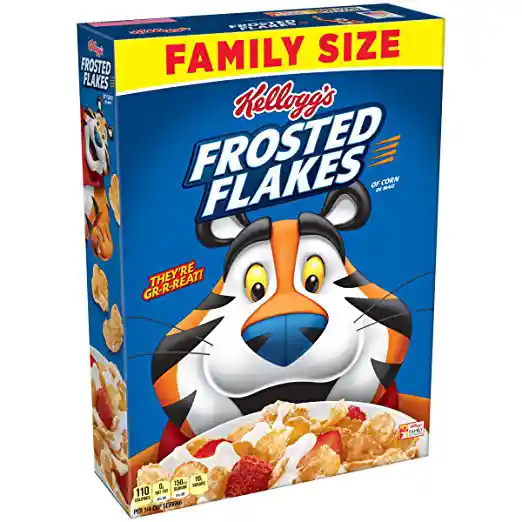
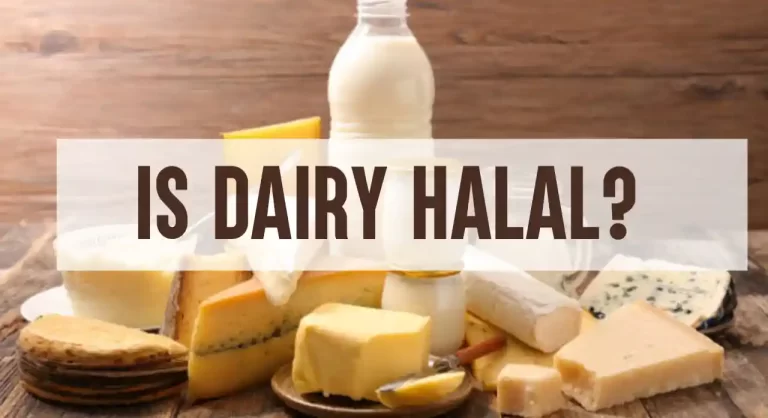
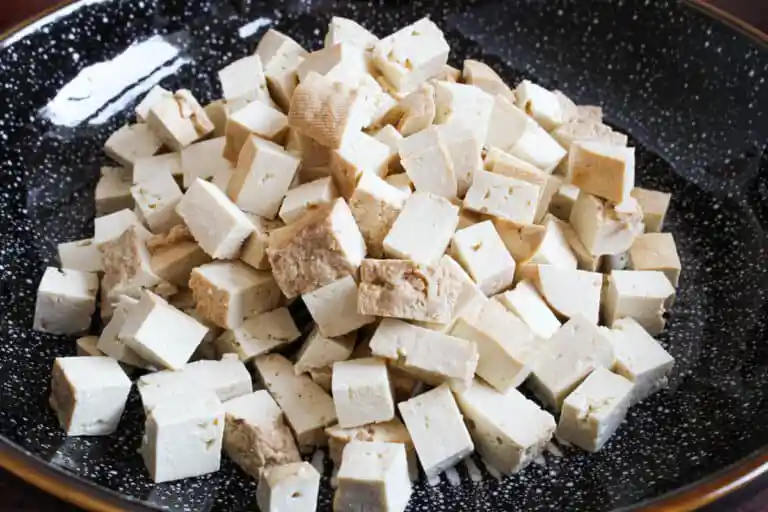
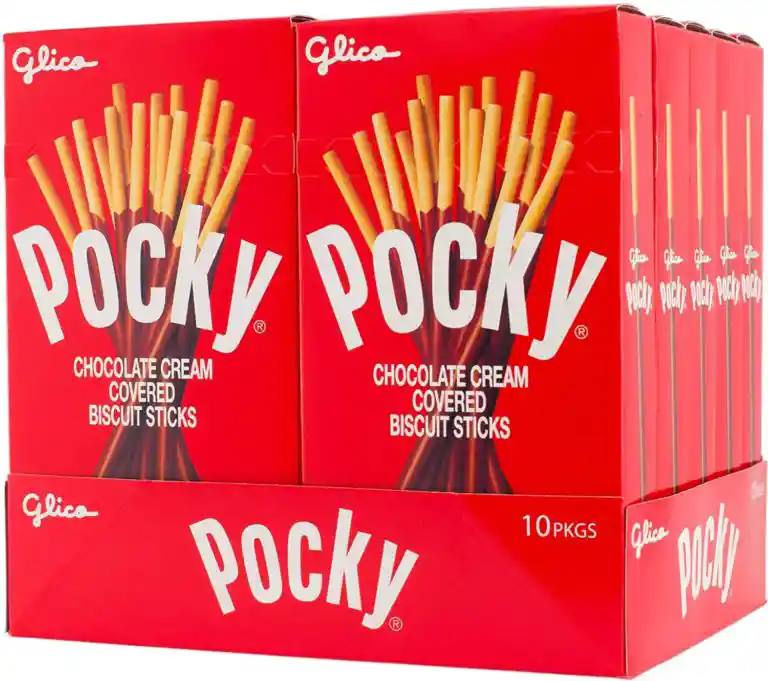
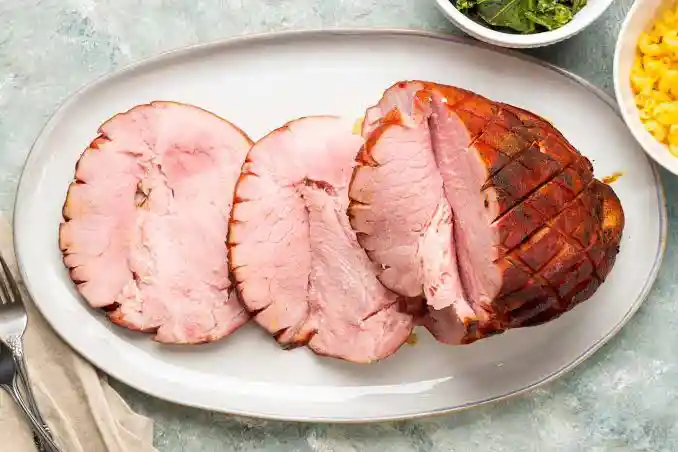
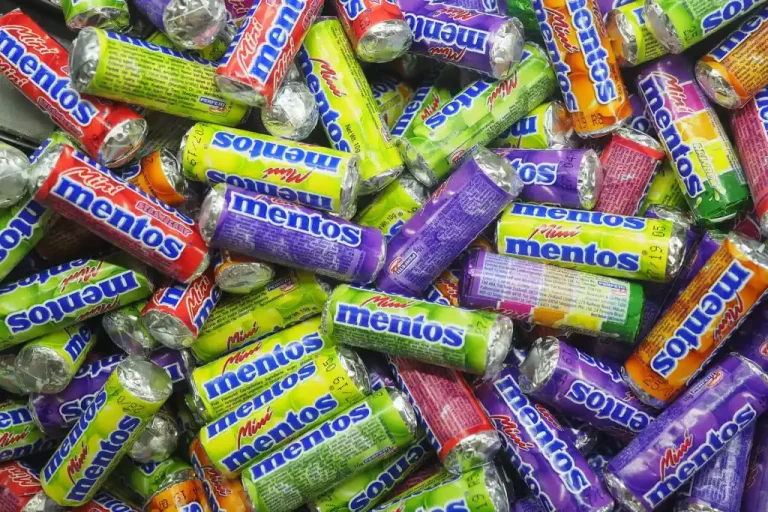
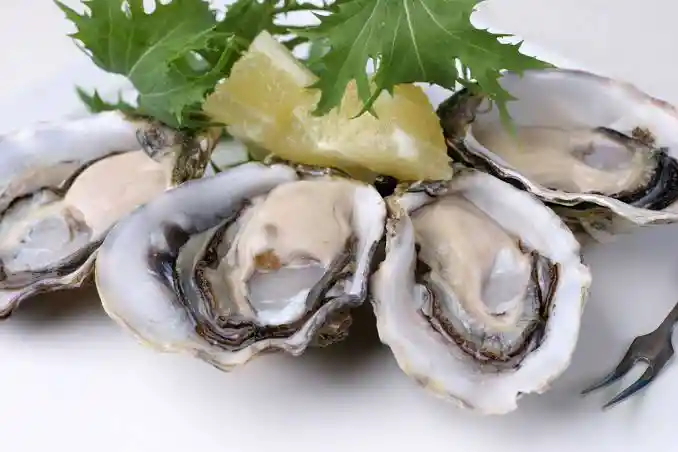
2 Comments